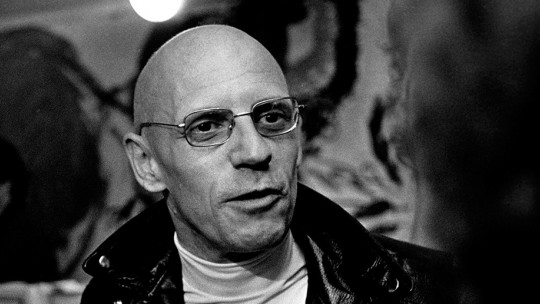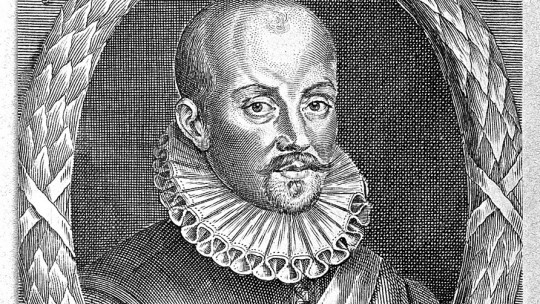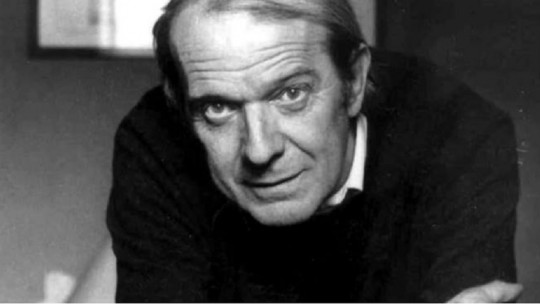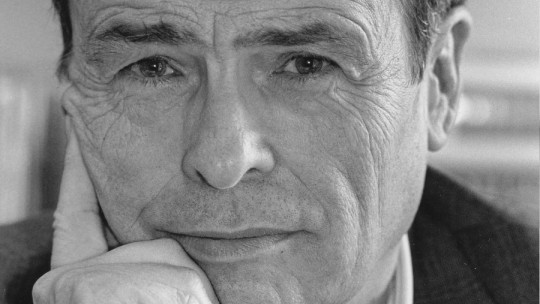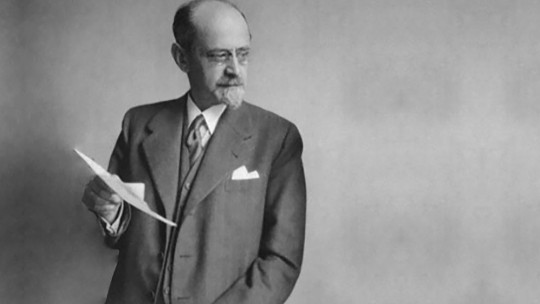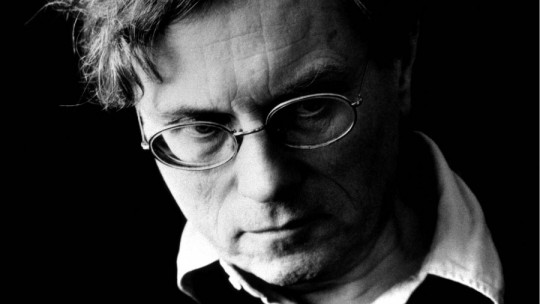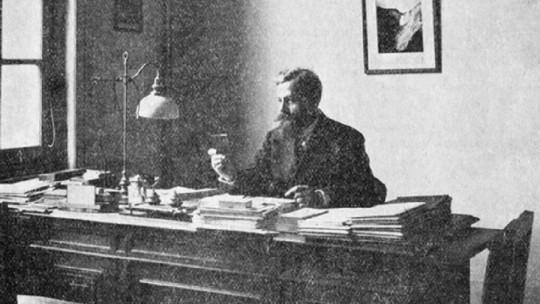Historian, psychologist, philosopher and social theorist. Michel Foucault was one of the great thinkers of the 20th century whose ideas generated a great impact and exerted a great influence on the entire French cultural environment of the time.
He was recognized worldwide for his ideas on social institutions, especially prisons, the health system and psychiatry, as well as for his studies on human sexuality. Ideas that, along with his own biography and work, we will review throughout this article.
Brief biography of Michel Foucault
Born on October 15, 1926 in the town of Poitiers, France and under the name of Paul-Michel Foucault, this prestigious French thinker was raised in a formal environment in which studies and knowledge were considered essential, since Foucault’s father was a renowned French surgeon.
After an academic history full of ups and downs, Foucault managed to enter the famous École Normande Supérieure recognized for being one of the cradles of the best humanities specialists and thinkers in France.
His stay at the École Normande was one of his most difficult stages. After suffering from depression and several suicide attempts, Foucault was in the hands of a psychiatrist for a long time. During this period he acquired a great passion for psychology, which led him to graduate in both psychology and philosophy.
Upon finishing his university studies, Foucault got a teaching position at the École Normande However, his stay in this position was brief, assuming after him a position as professor of psychology at the University of Lille, also in France.
After several more jobs, Foucault returned to France with the intention of finishing his doctorate, during which he accepted a position in the philosophy department of the Clermont-Ferrand University.
Throughout this period of his life Foucault became a prolific writer, Most of his texts are focused on psychology, psychiatry and mental health While his later publications focused on topics related to politics, social issues and sexuality.
Overcoming structuralism and recent years
During the years in which he became interested in the structuralist movement, Foucault was considered part of the movement, being on the same level as some other great thinkers such as Jacques Lacan or Claude Lévi-Strauss. Despite this, Foucault he completely rejected the idea of being considered a defender of structuralism
In 1968, the famous May student revolts broke out, events that deeply marked Foucault and after which he obtained a position as head of the philosophy department of the newly created experimental university Paris VIII. From here began his years of strong political activism.
Finally, this philosopher He was elected as part of the prestigious academic body of the College of France increasing his participation in political life and traveling around the world to give classes and lectures, including his famous lectures and interviews in the United States and Iran.
During the last years of his life, Foucault was criticized for having changed his ideas and opinions continuously throughout his life, which he defended as a natural phenomenon due to experience and acquisition of knowledge.
Finally, Foucault died in 1984 due to AIDS but not before destroying a large part of his manuscripts and strictly prohibiting the publication of all those that could have “survived.
Power according to Foucault
Although in the beginning Foucault focused on mainly psychological issues related to mental health, as well as the institutions that control it, his most important and recognized contributions are found in the field of social sciences and politics.
Because he lived during a time of great change and social upheaval, Foucault was very interested in the present to which he belonged. He made exceptional reflections on the systems and power relations of the time.
First of all, it is necessary to specify that when talking about power, Foucault It is not limited only to the power of government or institutions but rather it encompasses the power relations that occur in all areas of society, also known as social power.
This social power is made up of a large network of small spheres of power, located below the great powers such as the government or the church. According to Foucault, these subspheres of power are found at different levels and rely on each other to manifest themselves in subtle and cunning ways.
However, according to the thinker himself, the main obstacle to carrying out a revolution is the maintenance of power relations as they were at the time, calling to examine and analyze these power relations of a social nature
In one of his publications known as The Microphysics of Power (1980), Foucault reviews these power relations through two different dynamics of dominance:
Foucault insists that the conflict is not only found in governmental power, but also in all the substructures with power relations within that sustain it.
Following this idea, Foucault insists that The analysis of power relations should not start from governmental power but it is necessary to start with the smaller subspheres of power that feed it and make its maintenance possible.
Finally, Foucault determines that the main role of thinkers is within society, accompanying it in the fight against the forms of power that exist within it.
Main works of this philosopher
As mentioned above, Foucault distinguished himself as a prolific writer. Below we review some of his most relevant works.
1. History of madness in classical times (1961)
Foucault’s first relevant work, in it he analyzes and reviews the treatment given to the concept of madness throughout history, emphasizing the evolution of the treatment given to the patient
2. Words and things (1966)
In this work by Foucault, the thinker reflects on how all historical periods are distinguished by presenting a series of fundamental conditions of truth that establish what is acceptable, and how these conditions evolve and change over time
3. The archeology of knowledge (1969)
Another of the most relevant works of the French thinker in which he carries out an examination or analysis of the functionality and power of sentences as basic units of discourse.
4. Monitor and Punish (1975)
Throughout this work, the analysis and reflection of the functioning of penitentiary institutions is carried out, with the intention of understanding the evolution that the ways in which convicts are punished experience over the years.
5. History of sexuality (1976, 1984)
This work by Foucault materializes in three different volumes in which the use of sexuality as a regime of power is reviewed, as well as the use of sexual pleasures throughout history.
When Foucault died in 1984, he was writing the fourth volume of these reflections, which focused on sexuality and Christianity.

